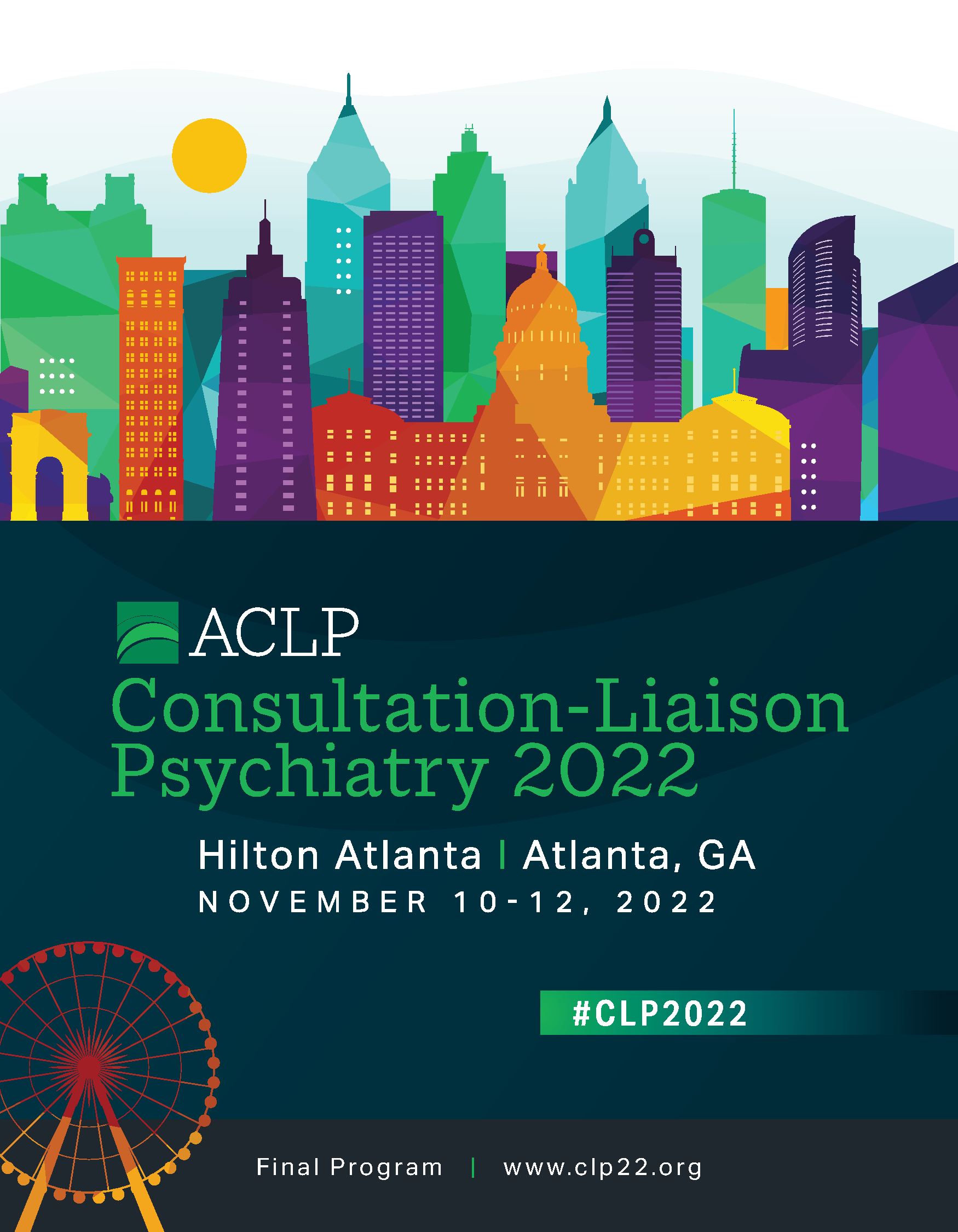Back
Brief Oral Papers
Session: Oral Presentation Session 02: Neurocognitive Disorders, Delirium, Neuropsychiatry and Catatonia
WEBB FELLOW: Post-Stroke Depression: What We Learnt from Clinical Trials on SSRIs in Motor Recovery
Friday, November 11, 2022
11:00 AM – 12:30 PM
Location: Room 206-207
.jpg)
Charles Masaki, MD, PhD
Fellow, Consultation Liaison Psychiatry
Massachusetts General Hospital
Boston, Massachusetts
Presenting Author(s)
Abstract: Stroke is a leading cause of disability worldwide, ranking second in disability adjusted life years [DALYs] (1). Post-stroke depression is a well-established clinical phenomenon that has been the subject of multiple systematic literature reviews. From a neurological perspective, there has been intense interest into whether serotonergic antidepressants enhance motor recovery after stroke. Initial positive findings from the FLAME trial (2) laid the foundation for subsequent large clinical trials [FOCUS (3), AFFINITY(4), EFFECTS (5), TALOS (6)]. While these multi-center randomized controlled trials were not specifically designed to inform on post-stroke depression, they inadvertently provided a wealth of information on this important subject. We will present a summary of the collated findings on post-stroke depression from these five large clinical trials, that collectively enrolled 6,667 patients across multiple international sites. The findings suggest that, at least on the short term (3–12-month follow-up), SSRIs may prevent onset of new depressive episodes in post-stroke patients. They however highlight important biological features in these patients that may predispose them to unique side effects, such as increased bone fractures, increased risk for seizures, and hyponatremia. These studies provide data that could guide the practice of prescribing serotonergic antidepressants in post-stroke patients, and particularly when discussing risks and benefits.
References:
1. Global, regional, and national burden of stroke and its risk factors, 1990-2019: a systematic analysis for the Global Burden of Disease Study 2019. Lancet neurology. 2021;20(10):795-820.
2. Chollet F, Tardy J, Albucher JF, Thalamas C, Berard E, Lamy C, et al. Fluoxetine for motor recovery after acute ischaemic stroke (FLAME): a randomised placebo-controlled trial. Lancet neurology. 2011;10(2):123-30.
3. Effects of fluoxetine on functional outcomes after acute stroke (FOCUS): a pragmatic, double-blind, randomised, controlled trial. Lancet. 2019;393(10168):265-74.
4. Safety and efficacy of fluoxetine on functional outcome after acute stroke (AFFINITY): a randomised, double-blind, placebo-controlled trial. Lancet neurology. 2020;19(8):651-60.
5. Safety and efficacy of fluoxetine on functional recovery after acute stroke (EFFECTS): a randomised, double-blind, placebo-controlled trial. Lancet neurology. 2020;19(8):661-9.
6. Kraglund KL, Mortensen JK, Damsbo AG, Modrau B, Simonsen SA, Iversen HK, et al. Neuroregeneration and Vascular Protection by Citalopram in Acute Ischemic Stroke (TALOS). Stroke; a journal of cerebral circulation. 2018;49(11):2568-76.
References:
1. Global, regional, and national burden of stroke and its risk factors, 1990-2019: a systematic analysis for the Global Burden of Disease Study 2019. Lancet neurology. 2021;20(10):795-820.
2. Chollet F, Tardy J, Albucher JF, Thalamas C, Berard E, Lamy C, et al. Fluoxetine for motor recovery after acute ischaemic stroke (FLAME): a randomised placebo-controlled trial. Lancet neurology. 2011;10(2):123-30.
3. Effects of fluoxetine on functional outcomes after acute stroke (FOCUS): a pragmatic, double-blind, randomised, controlled trial. Lancet. 2019;393(10168):265-74.
4. Safety and efficacy of fluoxetine on functional outcome after acute stroke (AFFINITY): a randomised, double-blind, placebo-controlled trial. Lancet neurology. 2020;19(8):651-60.
5. Safety and efficacy of fluoxetine on functional recovery after acute stroke (EFFECTS): a randomised, double-blind, placebo-controlled trial. Lancet neurology. 2020;19(8):661-9.
6. Kraglund KL, Mortensen JK, Damsbo AG, Modrau B, Simonsen SA, Iversen HK, et al. Neuroregeneration and Vascular Protection by Citalopram in Acute Ischemic Stroke (TALOS). Stroke; a journal of cerebral circulation. 2018;49(11):2568-76.
Learning Objectives:
- depression in stroke patients

